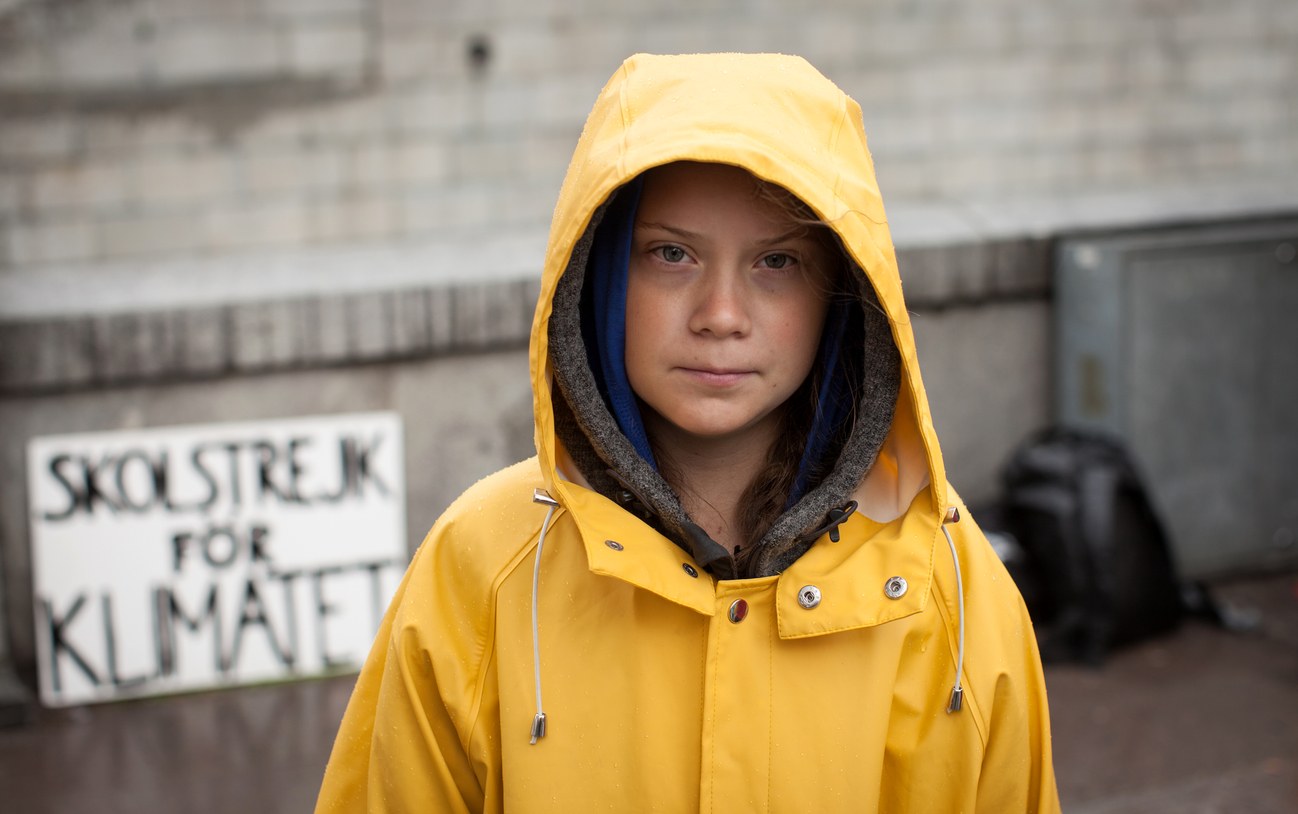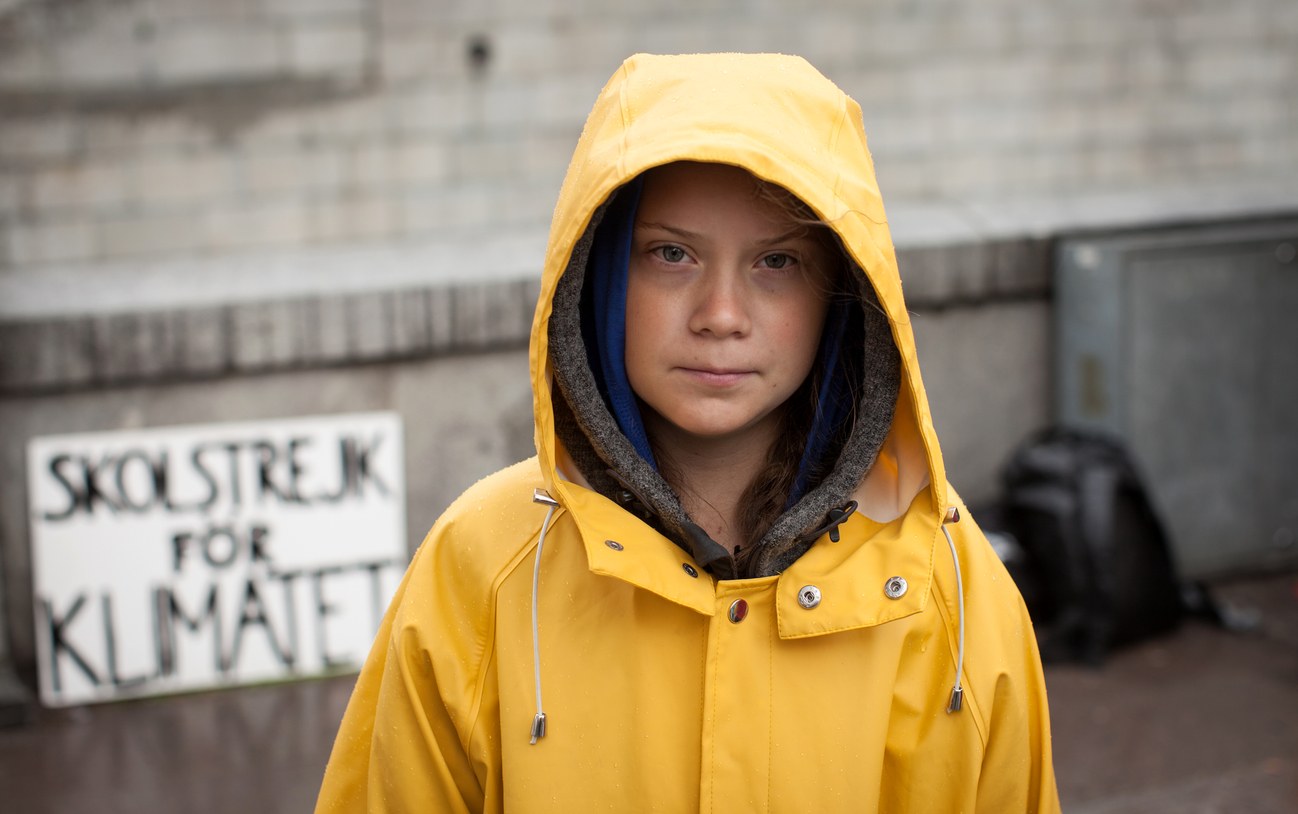"Our climate is changing and so is the way we are thinking about it", states Fjord's (good as always) trend report of 2019, which claims that our concerns for global warming have become personal.
What used to be "to big to do something about it" has become way too acute to not make it a personal issue that needs to permeate all our choices.
True.
Inspired by Greta Thunberg and her way of letting actions replace words and act right now, it seems, at least in Sweden, as the set of beliefs associated with– and the way we deal with the climate crisis is changing, going from passivity to anger and a doer-mentality where we're are finally ready to green up.
 Greta Thunberg, photo cred: The New Yorker.
Greta Thunberg, photo cred: The New Yorker.
As seen in the design world, where sustainability is bigger than ever, nature is increasingly used as an inspiration, design made from recycled materials are booming and old, second, third or fourth hand furniture have a higher value than modern productions – it seems like we are starting to realise that climate anger and anxiety take us nowhere but action and strong commitment does.
Here's 3 thoughts about acting in favour of the environment:
1) Saying why? – questioning corporate behaviour
A couple of months ago, a number of Bolon employees went to a Stockholm restaurant to have lunch. They were dining in, and were surprised when they were served food and drinks on plastic plates, accompanied by plastic glasses and plastic cutlery.
On top of that, the restaurant had placed plastic straws next to the cutlery – in a time when countries, states and large corporations aim to phase out single-use plastics by way of banning the use of straws. Really?
Cool straw from Fjord's 2019 trend report.
Back at the office, a colleague contacted the restaurant asking why they were providing their guests with such an amount of throwaways. Didn't they realise what a waste it was? A few days later the restaurant replied and said that they "couldn't afford to be sustainable".
But:
Next time we all went by, a couple of weeks ago, the straws were long gone and the plastic containers were replaced by recyclable ones. A small change, but still – sometimes a reaction is all it takes.
2) Realising the value of sustainable efforts
Tired of hearing that going green and committing to environmental standards isn't profitable, as impact – alongside financial results – is an important measure. The value of integrating positive environmental impact takes your brand a long way, and will be the number 1 factor that potential buyers consider when they research the market for what they want.
At Bolon, we have witnessed a steadily growing interest in our environmental policies, social responsibility and recycling efforts over the last years and the truth is that few brands will survive if they can't present their genuine sustainability efforts in a transparent, honest and truthful way.
3) Rewarding sustainable behaviour
The other day our Creative Director and owner, Annica told us that the boss of one of our neighbouring restaurants in Stockholm is going to give his employees 2 extra days of vacation if they'll be traveling by train this summer instead of flying to their holiday destination.
 Glacier express between Davos and Zermatt. Photo cred: European Best Destinations
Glacier express between Davos and Zermatt. Photo cred: European Best Destinations
How good's that?!
Let's all be inspired by role models and initiatives like that (and of course Greta (<3)) to think long term and act in favour of the environment.
Read, see and watch Bolon's sustainability efforts here.

